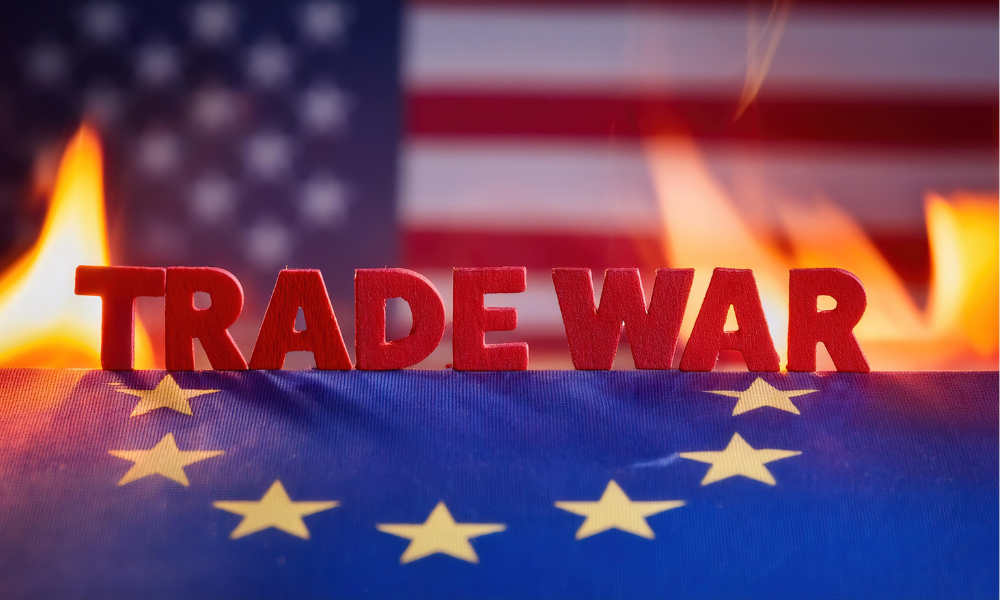Beijing imposes 100% duties on canola and new tariffs on pork and seafood

China is hitting back at Canada by slapping tariffs as high as 100% on key agricultural exports, including canola, pork, and seafood.
The move comes in response to Canada’s 100% tariff on Chinese electric vehicles and 25% duties on Chinese steel and aluminum, measures that were introduced last October.
The Chinese State Council Tariff Commission said that beginning March 20, it will enforce a 100% tariff on Canadian canola oil and canola meal, as well as a 25% tariff on pork and seafood.
China’s Ministry of Commerce called on Canada to “immediately correct its wrong practices, lift restrictive measures, and eliminate adverse effects.”
The Canadian government has yet to respond.
Beyond responding to Canada’s trade measures, China’s tariffs also send a warning to Mexico, which has also faced pressure from the United States to tighten restrictions on Chinese imports. The Trump administration, like the Biden administration before it, has sought to prevent Chinese goods from entering North America through Canada and Mexico under free trade agreements.
While China’s official statements did not directly reference the US, a commentary from China Central Television stated that the Chinese tariffs “are a powerful countermeasure to Canada’s wrong choice, and a strong warning to some countries that intend to impose additional tariffs on China in exchange for the United States not to impose additional tariffs on them.”
The dispute over tariffs stems in part from Canada’s growing trade surplus with the US, fuelled by its steel and aluminum industries. Both Canada and Mexico have seen their surpluses with the US increase as Chinese exports to both countries rise.
Beijing’s decision to target Canada’s agricultural sector is a clear reminder of China’s influence as a major buyer of Canadian goods. Canada exported nearly $1 billion worth of canola oil and canola meal to China last year, while its canola seed exports remain under a separate anti-dumping investigation by Chinese authorities.
Trade tensions have already caused Canadian canola exports to China to surge last fall, as producers rushed to sell stockpiles before expected restrictions took effect.
Read next: HSBC CEO foresees challenging times amid China, Hong Kong uncertainty
China’s move echoes a similar dispute in 2019, when it imposed trade restrictions on Canadian canola following Canada’s detention of Huawei executive Meng Wanzhou at the request of the US. During that standoff, China also arrested two Canadian citizens under harsh conditions, worsening diplomatic relations between the two countries.
China’s trade relationship with Canada and Mexico has expanded significantly in recent years, but Beijing holds more leverage over Ottawa than Mexico City. For every $1 of Canadian goods China imports, it exports nearly $3 worth of products back to Canada.
Canada’s decision to impose 100% tariffs on Chinese electric vehicles was driven in part by efforts to protect its government-backed EV industry, but also by pressure from Washington to curb Chinese exports. Prime Minister Justin Trudeau said the move was necessary to protect Canadian manufacturing.
Make sure to get all the latest news to your inbox on Canada’s mortgage and housing markets by signing up for our free daily newsletter here.



